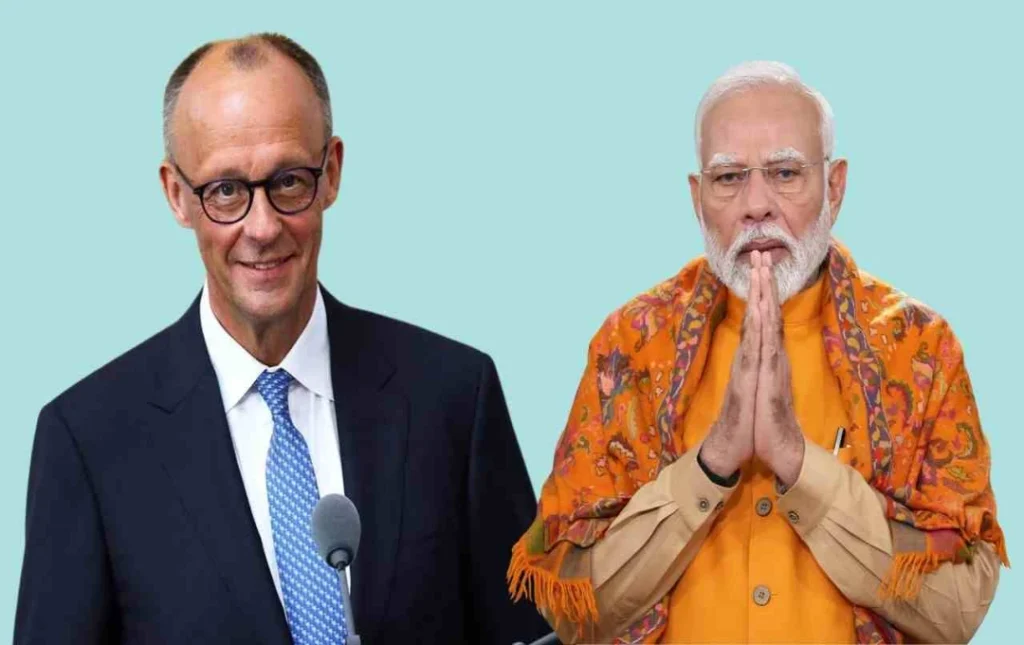The recent resignation of the head of Texas University has ignited considerable debate surrounding the contentious issue of gender ideology in academic institutions. This development comes amid a growing national conversation about the role of gender identity in education and the policies that govern it. The university leader stepped down following significant pressure from various stakeholders, including students, parents, and state policymakers who expressed strong opinions on the subject. Critics argued that the institution was promoting a progressive agenda that they believed undermined traditional values, while supporters of the head’s policies contended that inclusivity and recognition of diverse identities were crucial for fostering a welcoming academic environment.
The resignation has sparked widespread reactions, highlighting the polarized views on gender issues within education systems. Advocates for gender inclusivity assert that universities should serve as platforms for progressive thought and should accommodate the diverse identities of their students. They argue that fostering an environment of acceptance is essential for the mental and emotional well-being of all students. Conversely, opponents argue that such policies may infringe on the rights of those who hold traditional beliefs about gender and family structure. This clash reflects broader societal tensions and raises questions about the balance universities must strike between inclusivity and the preservation of individual beliefs.
As Texas University navigates this tumultuous landscape, the implications of this leadership change will likely resonate far beyond its campus. The ongoing discourse around gender ideology in education is not merely a local issue; it has become a national flashpoint that could influence policies at educational institutions across the country. Observers are keenly watching how the university will respond to the challenges posed by this situation and whether it will adopt a more conciliatory approach or double down on its commitment to progressive policies. The outcome of this debate could set a precedent for how universities handle issues of gender identity and inclusivity in the future, impacting students, faculty, and the broader community for years to come.
In this context, the resignation serves as a poignant reminder of the complexities involved in navigating cultural and ideological divides within academic settings. It underscores the need for open dialogue and understanding among all parties involved. As universities strive to create inclusive environments that respect diverse perspectives, they must also work to facilitate discussions that allow for differing opinions to be expressed. The challenge lies in finding a path that honors the dignity of all individuals while grappling with the evolving landscape of gender identity and its implications for education.




